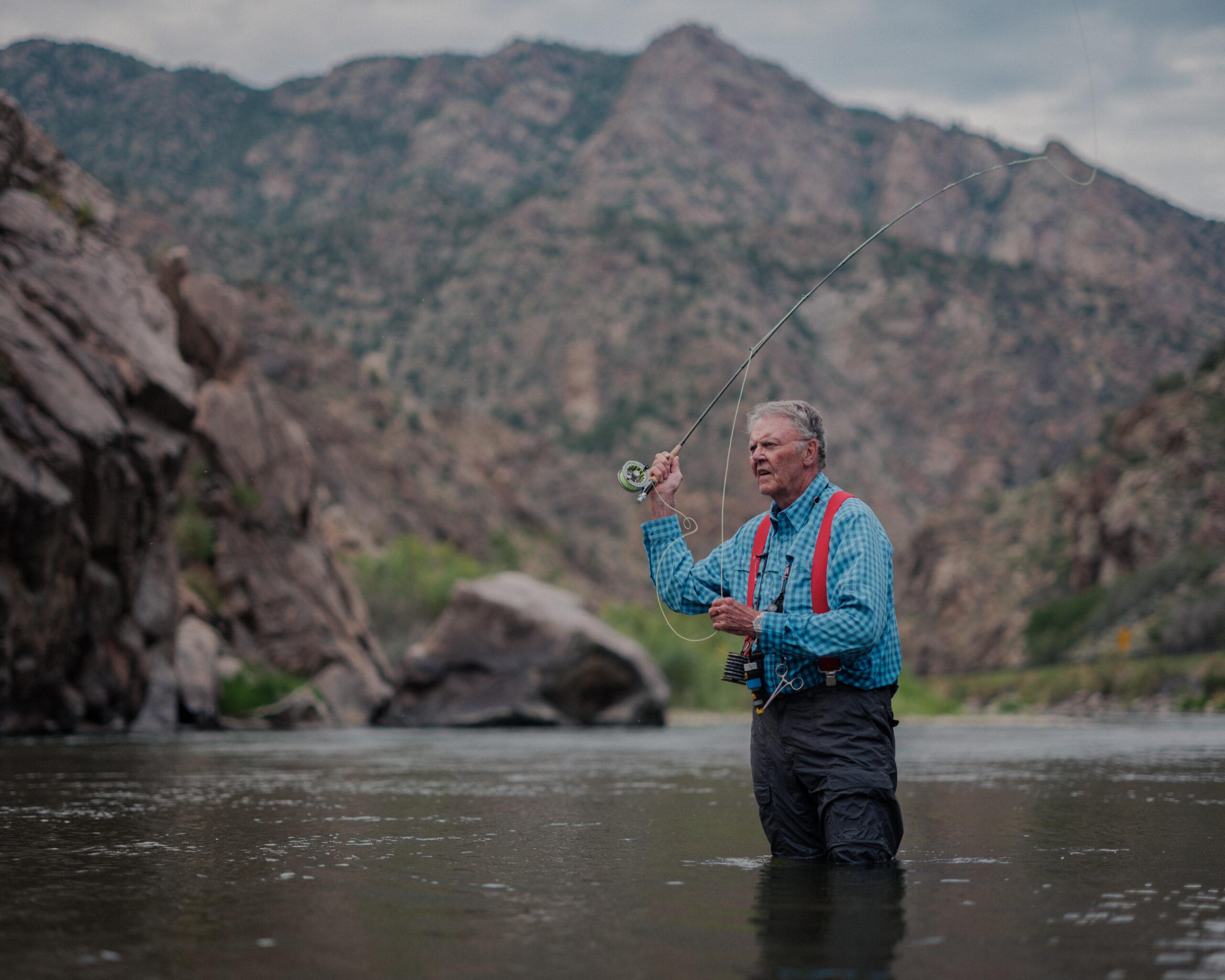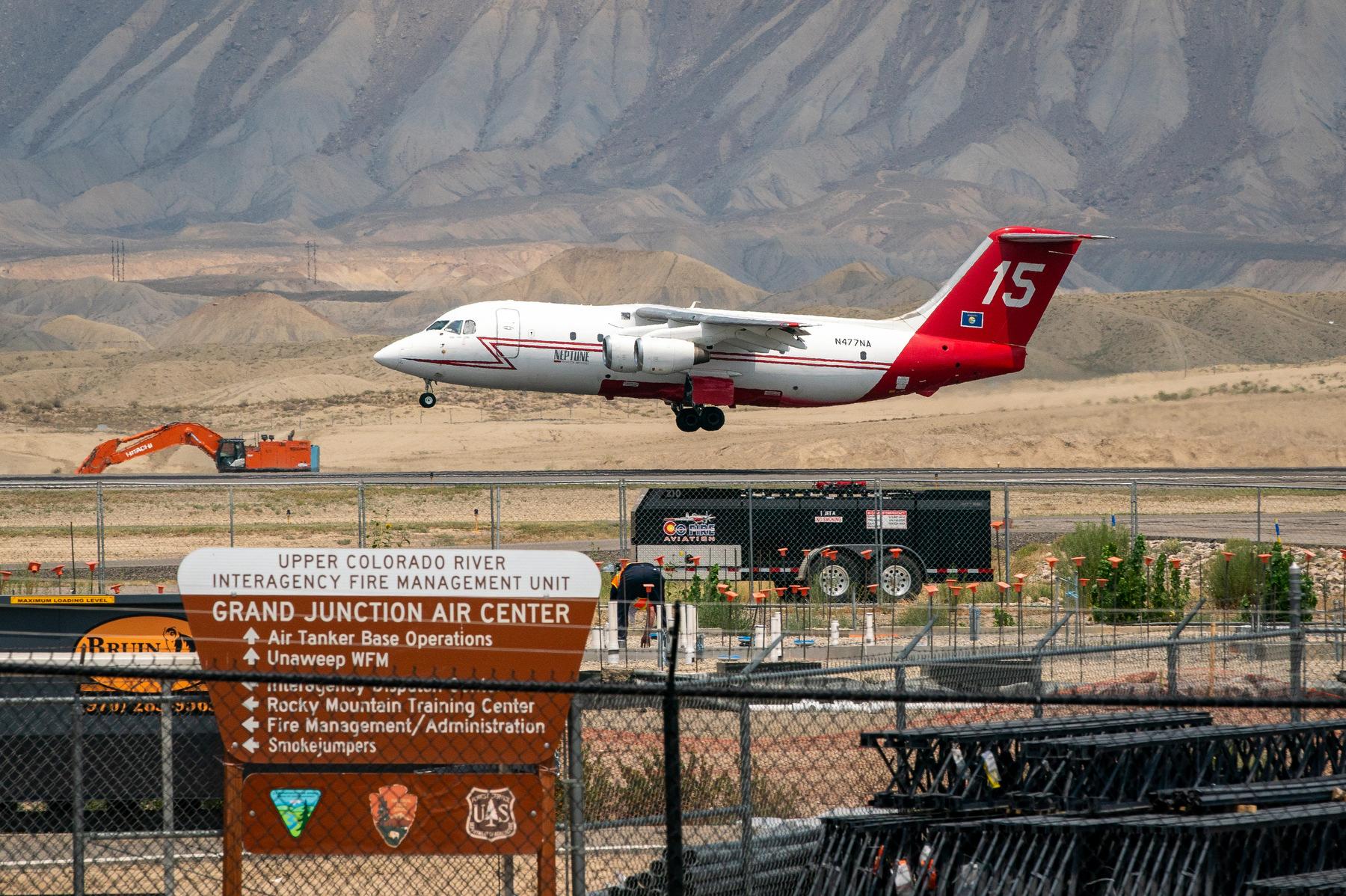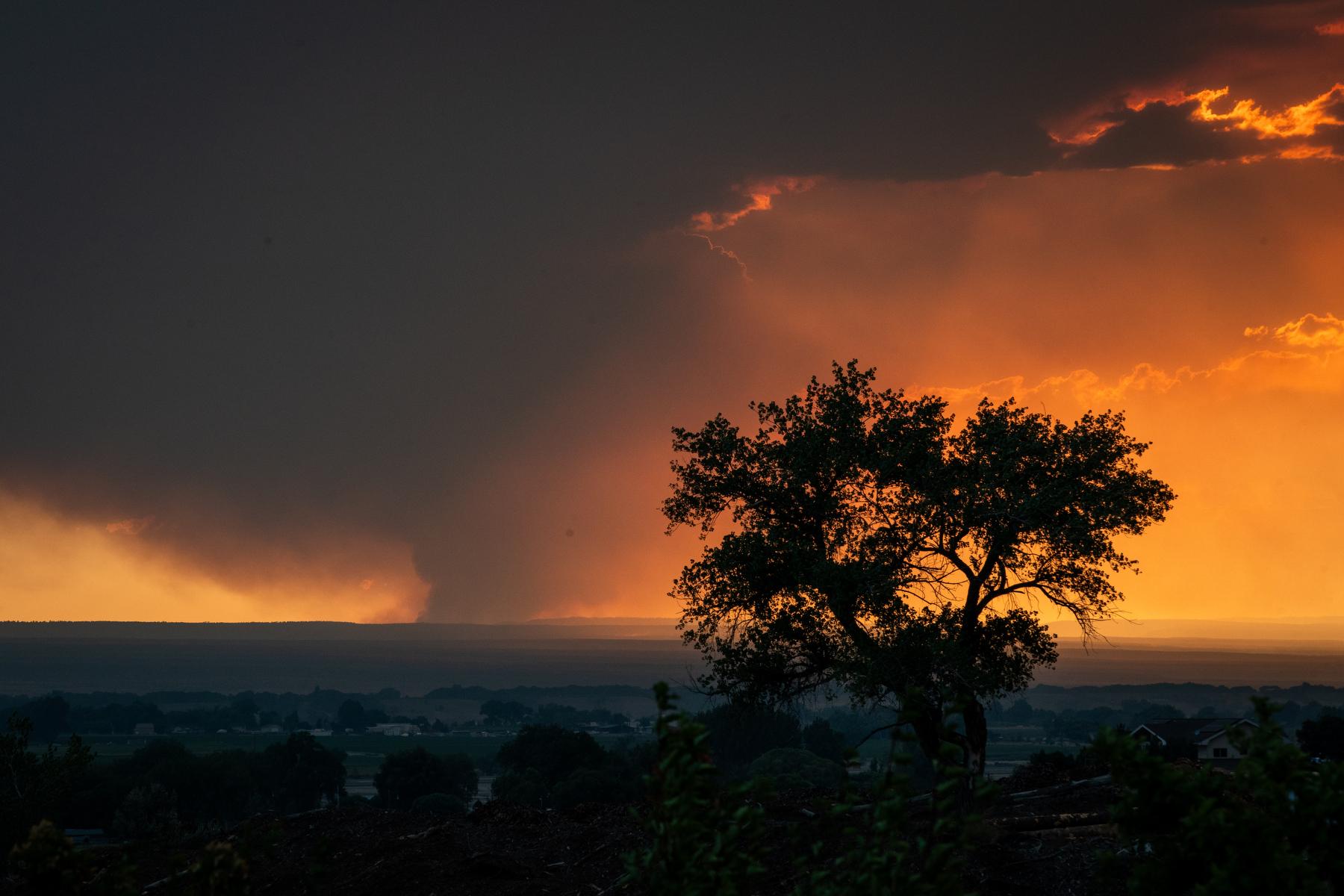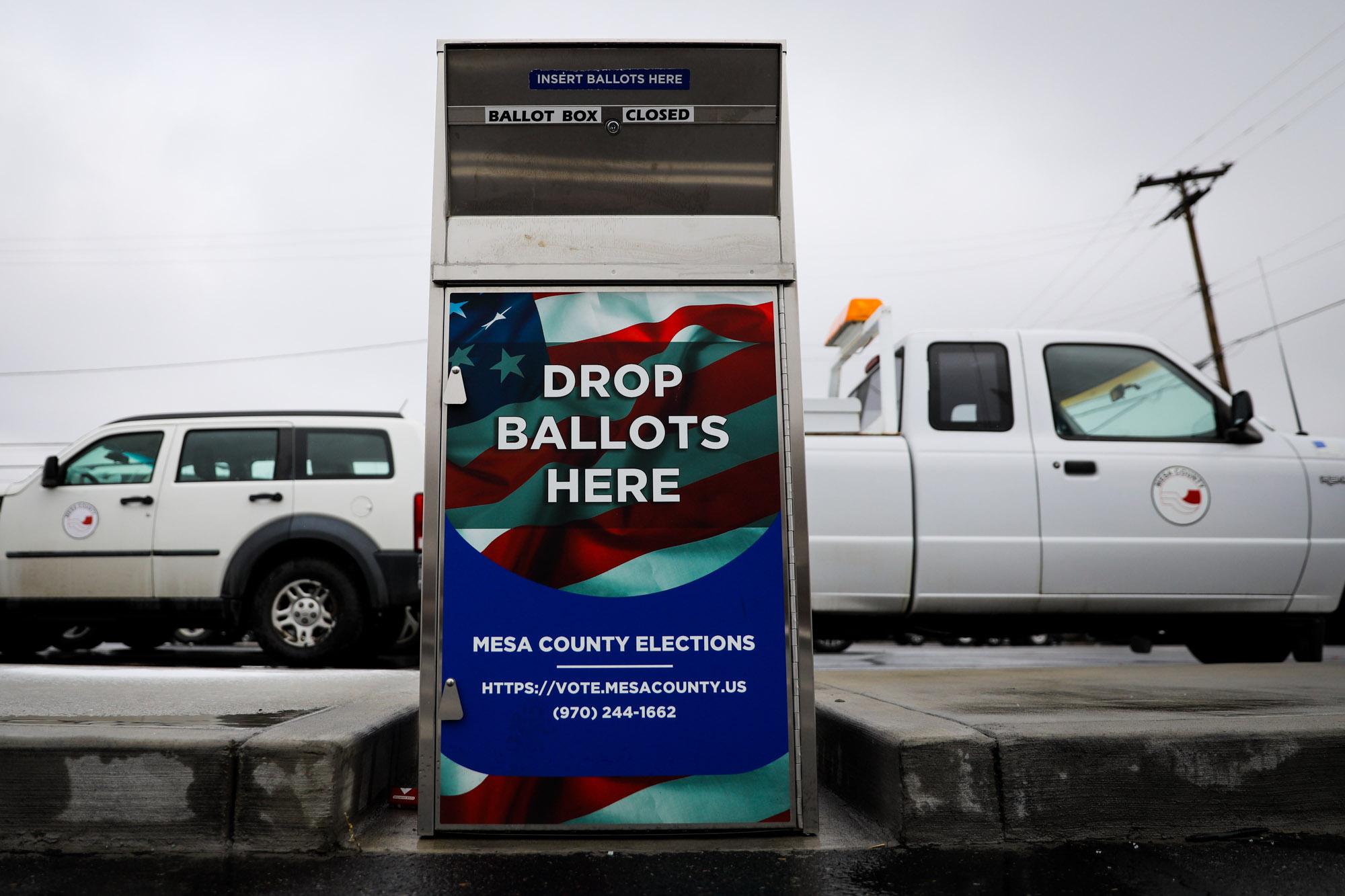
Is it legal to wade or raft on a river that runs through private property in Colorado?
That question is at the center of a dispute making its way through the state court system. Journalist Ben Ryder Howe wrote about it for the New York Times.
He spoke with KRCC’s Shanna Lewis about it. Here are highlights from their conversation which have been edited for clarity.
Shanna Lewis: This case got started when a Colorado Springs fisherman filed a lawsuit so he could keep fishing in his favorite spot on the Arkansas River, which runs through Southeastern Colorado. What triggered this lawsuit?
Ben Ryder Howe: So the fisherman, his name is Roger Hill, is a retired nuclear physicist and longtime resident of Colorado Springs. He was fishing in a part of the Arkansas River where he has been fishing for many, many years. However, one of the local landowners was unhappy about it. There was an incident involving, according to Mr. Hill, rocks being thrown. This happened again at a later date, Mr. Hill, at that point, wanted to find out, you know, whether or not this was something that he was allowed to do or not. It's somewhat vague and unclear the rules for fishing in a river like this. What happened next was that there was an incident in which some fishermen had a gun fired at them. Nobody was injured. However, the outcome was that the person who fired the gun went to jail and Roger Hill, the fisherman, filed a lawsuit, both against the landowner and against the state. What he is trying to do is to continue fishing in that area and also determine, was this legal or not for him to be fishing there. That's what this case is all about.
Lewis: Tell me a little bit about what the property owner's side of this story is.
Howe: The property owner lives in a condominium complex overlooking the Arkansas River. Their argument is they own the bed of the river out to the middle of the river, and they can control who has access there, it doesn't matter whether they come onto the river via public land. It doesn't matter whether they access it somewhere else. Their argument is the property owner in Colorado owns the land out to the middle of the river. They feel that they have that right to control the access and the fisherman doesn't.
Lewis: So at issue is the access actually to the river bed itself. The fishermen believe that they wade in from public property and go past private property and they're in the right. The property owners say that these people, who are wading in there, are trespassing.
Howe: Yes, the issue is what are the laws here governing access to the river. Every state in the country has different laws governing access to rivers. It depends on the navigability of the river. Colorado has historically not been as clear as other states about the navigability of rivers. That's left this kind of access issue, kind of gray and ambiguous, but it is part of a much larger conflict over private property versus public access to the natural resources of Colorado.
Lewis: So when you were out talking to different people about this conflict and this lawsuit, what were your impressions of what they thought?
Howe: A lot of people, when they really look hard at these issues, or if they've experienced them firsthand, they're going to feel some conflict because Colorado's a private property state and it has residents who feel very passionately about the sacredness of private property. And a lot of those same people also feel very, very strongly that this is a state whose natural resources are its greatest treasure and that those are to be shared and that we have a very strong tradition in this country of stewarding those ourselves, as a public. It is an issue that I think really does force people to make tough choices. And the conflicts are real. Everybody has really compelling arguments on their side. Public access versus private property is the kind of conflict where you'll have people who are un-ambivalent and have very clear black-and-white feelings about it at the margins. But my sense from talking to people in Colorado is that this is a story that really, really leaves them conflicted. They see both sides. In the meantime, it's no secret that Colorado has great public resources and maybe too many people who want to access them. This is part of a growing conflict over that and it's just one way in which that battle is being fought.
Lewis: Rafters, sportsmen and other recreational groups are supporting Roger Hill, the fisherman who brought the lawsuit, why they support him and what this Court case means for them.
Howe: Sportsmen's groups have been somewhat ambivalent about Roger Hill's case. However, there is one group, Backcountry Hunters and Anglers which is saying that this is a clear case of public access. That where everyday fishermen are having their ability to access things that they have long been able to access, reduced dramatically. Other sportsmen’s groups have been less vocal in their support to varying degrees and that's part of what makes this an interesting story.
Lewis: How does this dispute affect the rafting companies and private rafters?
Howe: Rafting companies have been watching this case and they are very interested in seeing the outcome. Just like fishermen, rafters obviously depend on being able to access rivers like the Arkansas and they do need the approval of landowners in many cases. Again, the laws are confusing, but in general, the rafting community works very hard to build positive alliances with landowners. One of the interesting things about this story is that it has created alliances among various groups that were unexpected. Some of them in some cases are feeling assertive because they realize that they've gotten traction with this issue. They know the public cares about it. They know that the public, more than ever is, really using those rivers, whether fishing, kayaking or tubing. And so, I think, ultimately if Roger Hill prevails, it's going to be a very positive outcome for the rafting community. Their needs are slightly different than somebody who's just standing in the river, but they're very much aligned.
Lewis: Who is supporting the private property owners on this?
Howe: The private property owners have different supporters. Real Estate groups, especially, would like to see this case not succeed. They do not want to see Roger Hill take away their ability to control access to rivers. As everyone in Colorado knows, there has been a pretty significant population surge over the last few decades. And (some of it is) along the historic prized rivers in the state. You've got some pretty valuable real estate. The people who own that real estate, are often uninterested in having strangers come on their land or even just be on the water. Again, the question really is, you know, who owns that water and who owns that riverbed? I need to be clear about saying that's the issue here. Other supporters include the city of Colorado Springs, which is very concerned that this case would essentially endorse an anti-growth agenda or would give environmentalists ammunition to resist growth. Other groups who have filed briefs in support of the state against the fishermen include some of the water community, which is concerned that this could be the basis for legal opposition to some long-standing agreements in Colorado governing water, which everyone in Colorado knows is relevant to just about every important industry in the state.
Lewis: I understand that the Colorado Attorney General is also on the side of the private property owners too
Howe: The Attorney General's position is that this lawsuit threatens to destabilize private property rights in the state of Colorado, as well as undo a system that has been in existence for a long time in the state. It's the way that public access to water has been done and that if this lawsuit were to prevail, that it would potentially cause a kind of chaos for property owners who in some cases could (see it) lower their property values. It could also result in the rivers that they control access to currently being opened up to the public in a way that these property owners would be displeased by.
The Colorado Supreme Court is expected to say soon whether it’ll hear this case sometime this fall.







